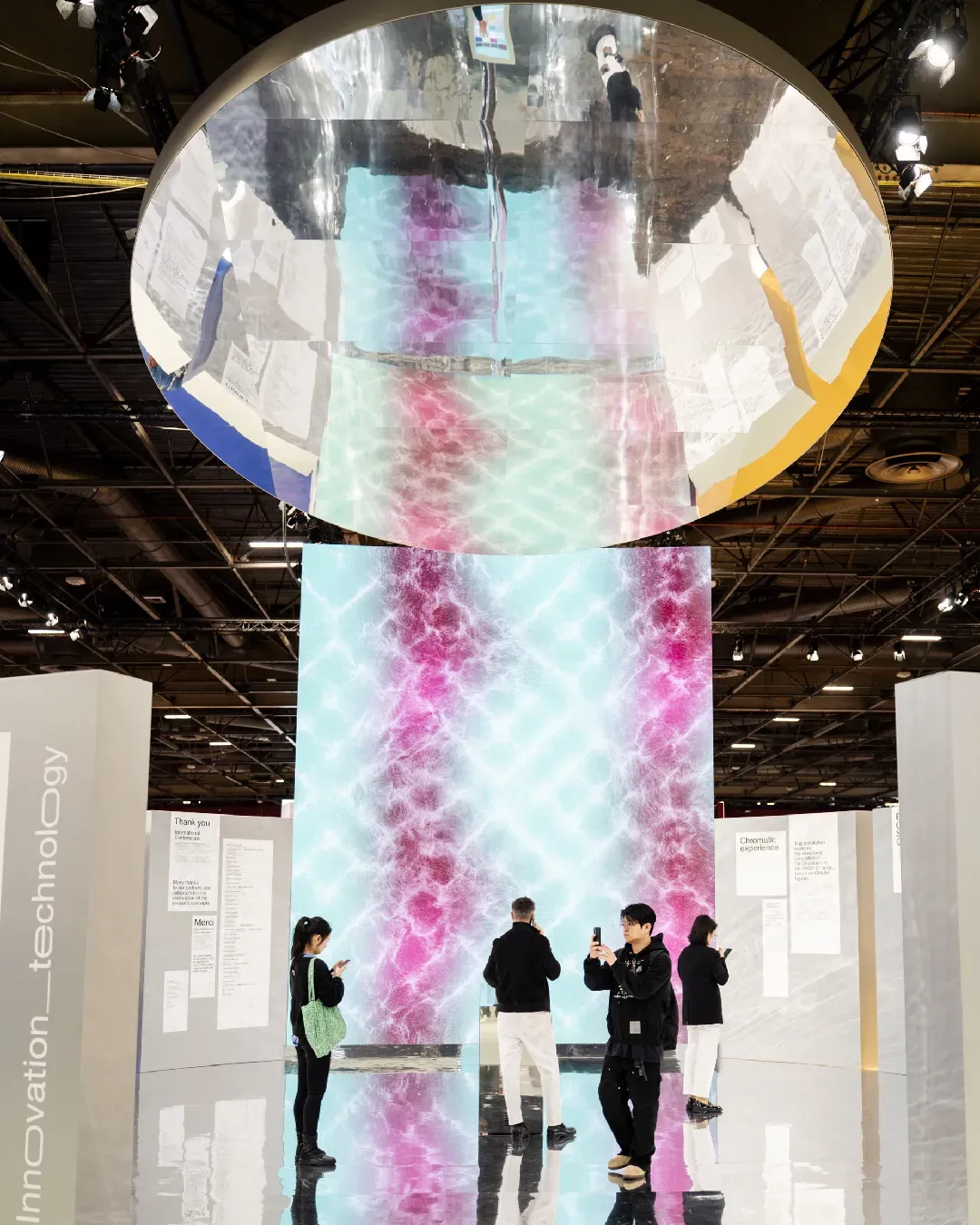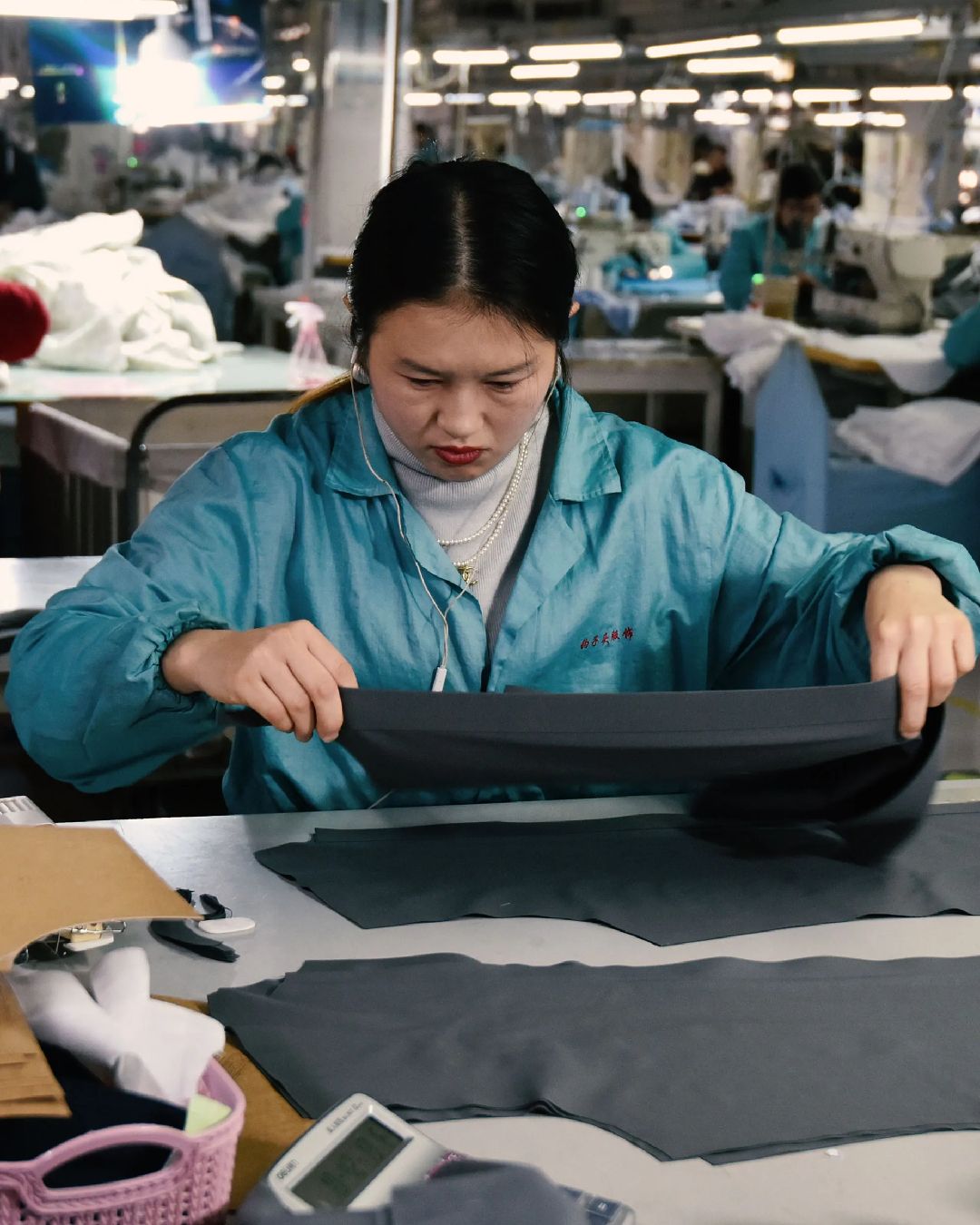
Protests and disputes send Max Mara's fashion hub up in smoke Group abandons Reggio Emilia redevelopment project
In recent weeks, Max Mara has found itself at the center of a storm. First, due to the strikes launched by the female workers at the manufacturing center in San Maurizio, who accuse the brand of imposing unfair working conditions. «We’re stuck in the 1980s,» commented the CGIL before the protests in May. Now, the critical situation that has emerged over the past two months has led to another drama for Max Mara: the cancellation of the Fashion Hub project in Reggio Emilia. The initiative, designed to redevelop the area of the former fairgrounds with the Group as a logistical and production hub, aimed to kickstart a kind of urban revival for the area, but yesterday Max Mara president Luigi Maramotti announced the «final and irrevocable» withdrawal from acquiring the area. The dispute involving the San Maurizio workers heavily influenced the decision, along with the support shown by the mayor of Reggio Emilia for the brand’s employees, just as Max Mara approaches its 75th anniversary. In short, once again Made in Italy, which has long been in crisis, struggles to recover and protect its reputation.
According to Max Mara’s leadership, what sealed the Group’s decision to scrap the project was the June 23 debate, during which, according to the company, more time was spent discussing the complaints raised in May than the redevelopment project itself. The mayor of Reggio Emilia, Marco Massari, met with the protesting Max Mara employees and CGIL representatives, expressing solidarity and his support for enforcing the national collective labor agreement—which the company currently does not adhere to. Massari’s stance on the matter appears to have convinced Maramotti and the Group to definitively withdraw from the agreed investment. Following the public intervention, Max Mara also sent a letter to the Municipality complaining about the lack of direct dialogue and judging the mayor’s words as «aligned with unilateral statements from a single union component.» With such fragile institutional relations, had the Fashion Hub gone forward, Max Mara may have feared inspections and oversight by third parties, which would have further strained the relationship between the municipality and the company.
Although the Fashion Hub is now a shattered project, the issue remains open both institutionally and corporately. The CGIL secretary of Reggio Emilia, Cristian Sesena, criticized Max Mara’s decision to halt the redevelopment plan, calling the choice «instrumental and incomprehensible.» Moreover, the Max Mara workers who protested against the company in May had expressed support for the project, and there had been no request from the union to abandon the Hub. Instead, the request was to ensure that the issue of working conditions—a hot topic across the Made in Italy and Italian craftsmanship sectors—remained on the public agenda. In such a critical moment for Italian manufacturing districts, which are facing declining demand and the resulting disintegration of entire production hubs, the loss of a multi-million-euro project like the Fashion Hub is a tragic event for the entire sector.
UPDATE 4.7.25: In response to press reports this week, Max Mara shared a public note calling the situation «a campaign characterised by misinformation, sensationalism and superficiality». Using the example of a group of 68 Max Mara women workers who have defended the Group from the CGIL in recent days, stating that the opinion of the protesting women «does not represent the totality of the workers», the note denies that within the Group «there is a climate that is detrimental to the dignity of people». Regarding the decision to abandon the Polo della Moda project, on the other hand, the Group echoed the words expressed by President Maramotti: «It is frankly impossible to imagine realising the project in a climate of division and instrumentalisation such as the one that has progressively been created. Despite the efforts made by our collaborators, professionals and public administration officials, whom we thank, we must take note of the perplexities and divisions that have emerged».




















































